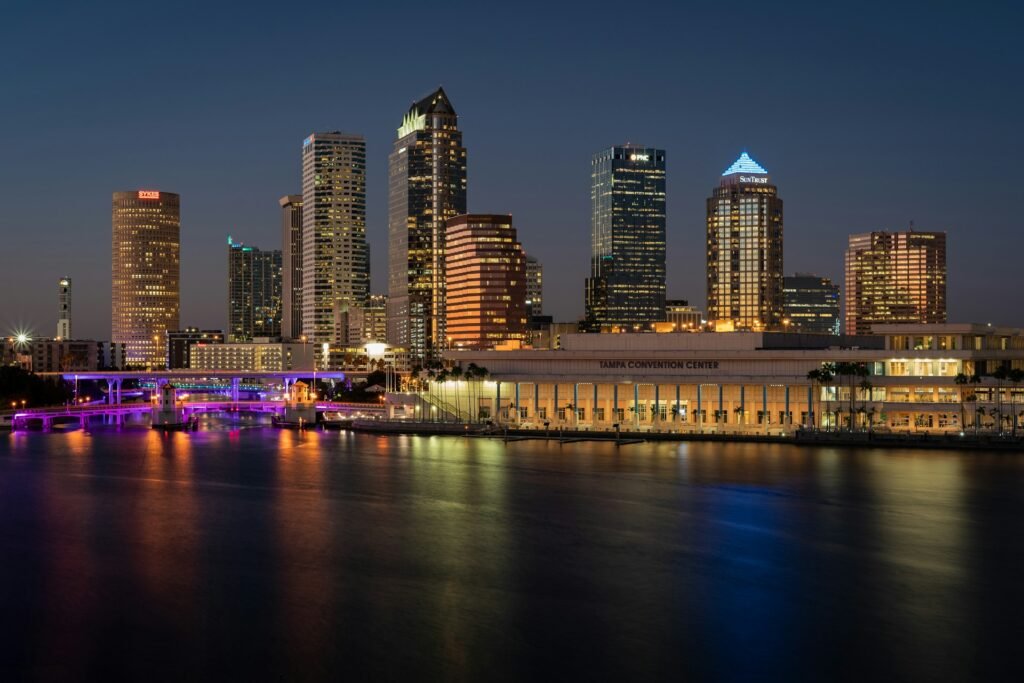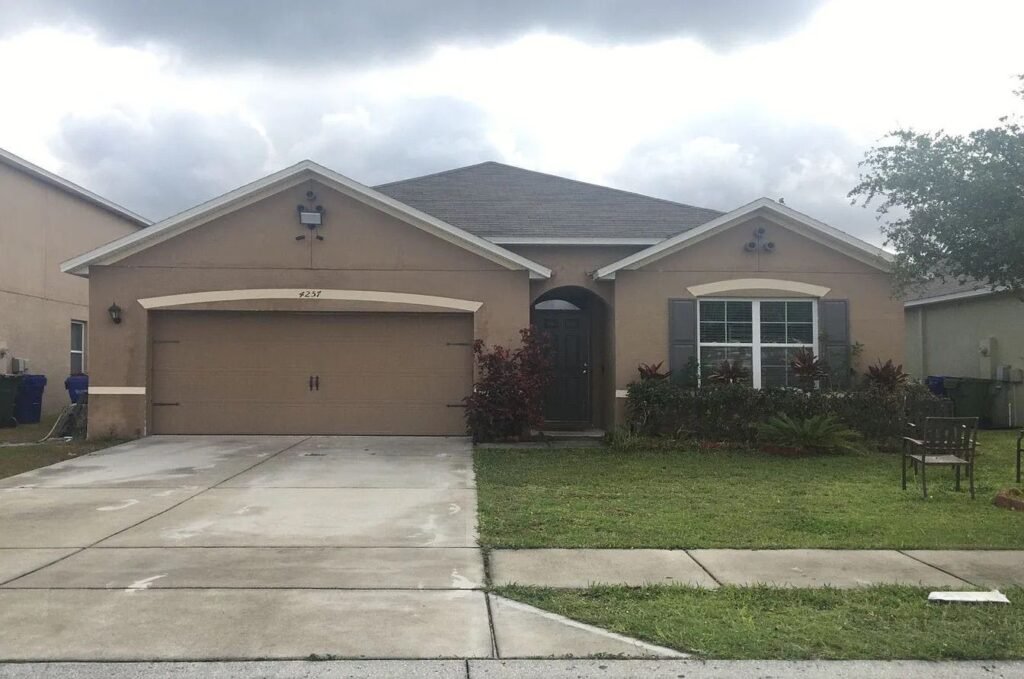Introduction to Sustainable Real Estate Acquisition
The real estate industry has witnessed a significant shift towards sustainability in recent years. As environmental concerns grow, more investors and developers are prioritizing eco-friendly practices. Sustainable real estate acquisition not only benefits the planet but also enhances property value and appeal. This blog post explores various sustainable practices that can be adopted in real estate acquisition.
Adopting sustainable practices in real estate is not just a trend; it’s a necessity. From reducing carbon footprints to improving energy efficiency, sustainable practices help create healthier living environments. Moreover, properties with sustainable features often attract more buyers and tenants, making them a wise investment.

Energy-Efficient Building Designs
One of the primary sustainable practices in real estate acquisition is focusing on energy-efficient building designs. These designs not only reduce energy consumption but also lower utility costs. Key features of energy-efficient buildings include:
- High-performance windows and insulation
- Energy-efficient HVAC systems
- LED lighting and smart lighting controls
Investing in energy-efficient designs can significantly reduce a building’s carbon footprint. Additionally, properties with these features are often eligible for green certifications, which can enhance their market value.
Utilizing Renewable Energy Sources
Another crucial aspect of sustainable real estate acquisition is the utilization of renewable energy sources. Solar panels, wind turbines, and geothermal systems are becoming increasingly popular in modern developments. These renewable energy sources not only reduce dependency on fossil fuels but also provide long-term cost savings.

Incorporating renewable energy into real estate projects can also provide tax incentives and rebates. This makes it a financially viable option for investors and developers. Moreover, properties powered by renewable energy are more attractive to environmentally conscious buyers and tenants.
Water Conservation Techniques
Water conservation is an essential component of sustainable real estate practices. Implementing water-saving techniques can significantly reduce water usage and promote sustainability. Some effective water conservation strategies include:
- Installing low-flow fixtures and appliances
- Utilizing rainwater harvesting systems
- Implementing xeriscaping for landscaping
These techniques not only conserve water but also reduce utility bills. Properties that prioritize water conservation are often perceived as more responsible and forward-thinking.
Utilizing Sustainable Building Materials
Choosing sustainable building materials is another critical practice in real estate acquisition. Materials such as reclaimed wood, recycled steel, and bamboo are eco-friendly alternatives to traditional building materials. These materials reduce the environmental impact of construction and promote sustainability.

Additionally, sustainable building materials often have a lower carbon footprint and are more durable. This can lead to long-term savings on maintenance and repairs. Properties built with sustainable materials are also more likely to receive green certifications, further enhancing their value.
Conclusion
Incorporating sustainable practices in real estate acquisition is not only beneficial for the environment but also for investors and developers. Energy-efficient designs, renewable energy sources, water conservation techniques, and sustainable building materials are just a few ways to promote sustainability in real estate. By adopting these practices, the real estate industry can contribute to a healthier planet while also reaping financial rewards.
As the demand for sustainable properties continues to grow, it’s crucial for real estate professionals to stay ahead of the curve. Embracing sustainable practices is not just a smart business move; it’s a responsibility we all share. Let’s work together to create a more sustainable future in real estate.







